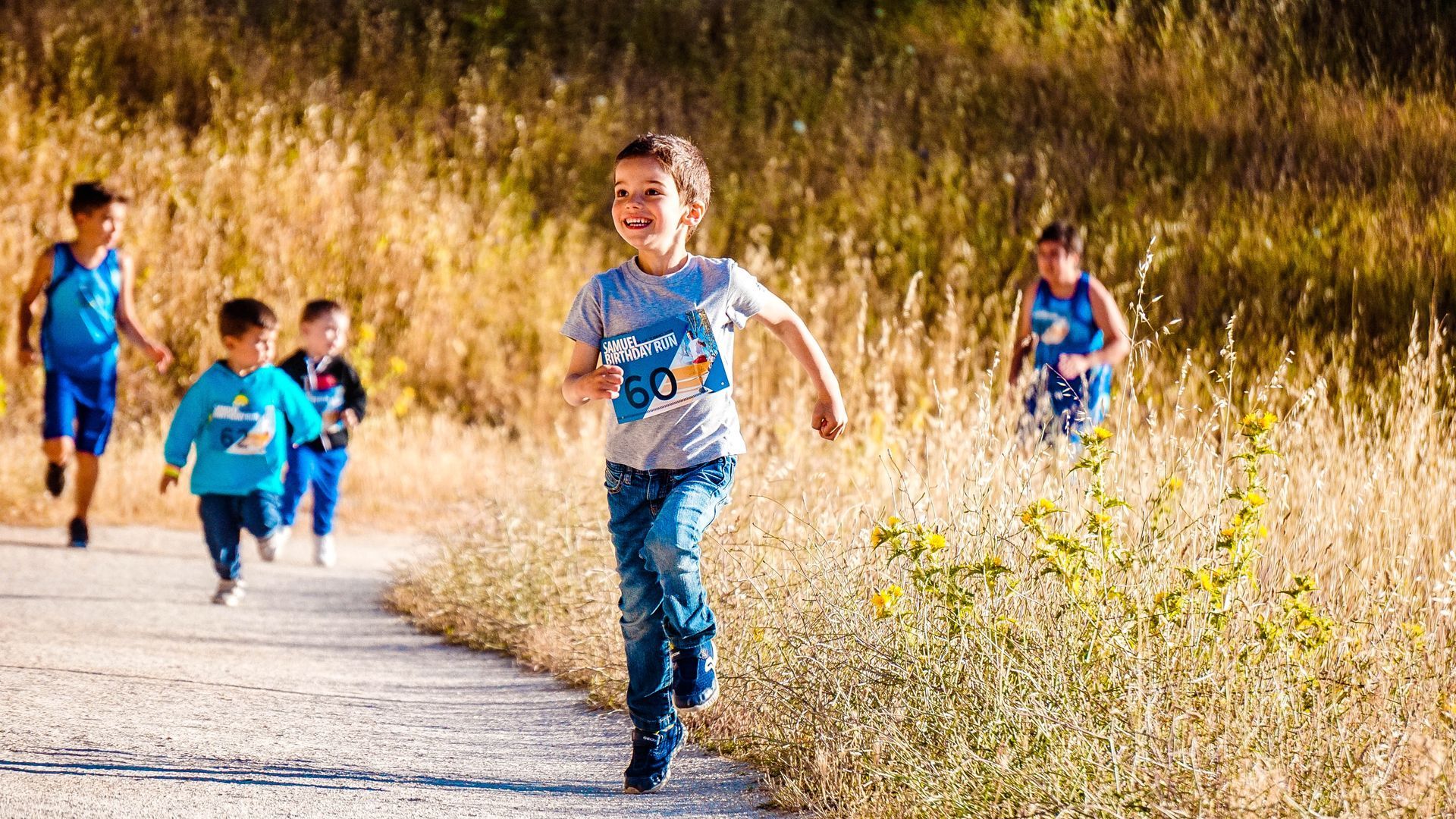Practice News
October 30, 2025
Dear Hendersonville Pediatrics Families, Hendersonville Pediatrics is honored to care for your children. We are dedicated to guiding them, supporting you, and providing excellent care here at what we refer to as your child's medical home. We would like to take this opportunity to discuss access to quality, pediatric specific care. We are familiar with your child, their history and specific needs. Our pediatricians are “board-certified”, meaning they’ve passed rigorous exams given by the American Board of Pediatrics. Our advanced pediatric training and experience with diagnosing and treating childhood diseases provides a safe environment for your infants, school-aged children and adolescents. This sets us apart from urgent cares clinics. Despite the convenience of urgent care and school-based clinics, well checkups and sports physicals are best performed by your child’s doctor. We not only know your child well, but we are able to treat your whole child focusing on their emotional health in addition to their physical health. Our medical assistants are also pediatric trained, which creates a more nurturing environment. Hendersonville Pediatrics is open 364 days a year. We have weekend hours and evening hours during most months because we know children experience sickness at unpredictable times. Being readily available and connected among physicians allows for a continuity of care, which is important when caring for children. We can access your child's complete medical history, growth charts and vitals and can spot any concerning trends. Urgent care and retail clinics do not have the same access. The American Academy of Pediatrics does not recommend urgent care clinics without providers that have expertise caring for children, specifically for children under the age of two. There are certain circumstances when we might advise you to bring your child of any age to an emergency room or urgent care based on time sensitive conditions or when a higher level of care is necessary, but please contact us first so that we can help you make the safest decision for your child. Lastly, the doctors and staff at Hendersonville Pediatrics thank you for your support since Hurricane Helene. We recognize that following the flood and subsequent destruction of our Hendersonville office, there have been times when it may have been difficult to get an appointment. We have worked hard to create temporary office spaces to ensure the availability of six physicians each weekday with same day sick appointments most days. We thank you for your patience. It is our pleasure to continue to be here for you, our families, as we have been for 73 years. We will continue to provide quality, compassionate, pediatric specific care for your children. Sincerely, Hendersonville Pediatrics’ Physicians
October 14, 2025
The counties Hendersonville Pediatrics serves are at an increased risk for a Measles outbreak due to lower than protective ("herd immunity") vaccination rates. At this time, in Henderson County, in children aged 5- 18, we are at +/- 80% MMR vaccination rate. It is generally accepted that a rate of 95% vaccinated against MMR is required for herd immunity to measles. There are many pockets in our counties where the vaccination rate is much lower. Babies under 6 months of age cannot be vaccinated for MMR. Babies 6 months to 11 months can receive MMR if there is a local outbreak or if traveling to a country/area where measles is common. Protective rates for measles if MMR given in the 6 to 11-month age are lower (83%). If someone enters one of our offices who we suspect has measles, we will have to close that office for 2 hours. Due to these above concerns, we have implemented some simple questions for our front staff to ask parents when scheduling sick visits. We will update this announcement as new information from the SCDPH is released. As of late December 2025 , the South Carolina Department of Public Health (DPH) is actively responding to a significant measles outbreak centered in the Upstate region , primarily Spartanburg County. Current Case Counts (as of Dec 26, 2025) Upstate Outbreak Total: 156 cases. 2025 Statewide Total: 159 cases (including a few unrelated travel cases from earlier in the year). Recent Activity: Three new cases were reported on Dec 26, 2025, linked to a previously reported school exposure. Exposure & Quarantine Quarantine Status: There are currently 252 people in quarantine and three in isolation, with some quarantine periods extending until January 15, 2025. Transmission: DPH reports that the majority of cases (approximately 95%) have occurred in unvaccinated individuals. There is evidence of unrecognized community transmission that is not limited to specific school zones or county lines. School Exposures: Multiple schools in the Upstate have reported exposures, including Lyman Elementary, Boiling Springs Middle School, and D.R. Hill Middle School. Public Health Response Mobile Vaccination: DPH has activated a Mobile Health Unit to offer free MMR vaccines at no cost in Spartanburg County and surrounding areas. Vaccination Outreach: In Spartanburg County alone, there was a 110% increase in administered MMR doses in October 2025 compared to the previous year. Regular Updates: DPH publishes measles outbreak updates twice weekly at noon on Tuesdays and Fridays on their official measles outbreak webpage . Public Exposure Locations (Partial List) Recent notifications include potential exposures at: Greenville Spartanburg International Airport (GSP): Nov 10–11, 2025. Way of Truth Church (Inman): Nov 7 and Nov 9, 2025. Costco (Spartanburg): Nov 18, 2025. Crunch Fitness (Greenville): Sept 30, 2025. The South Carolina DPH's (Department of Health and Environmental Control) latest measles update, as of Tuesday, December 16, 2025 , reported 9 new cases , bringing the Upstate outbreak total to 135 cases and the state's 2025 total to 138 cases , with ongoing community transmission and efforts to provide free MMR vaccines via mobile units and urging vaccination. Key Details from Recent Updates: Case Numbers: As of Dec 16, 2025, there are 138 total cases in SC for 2025, with 135 linked to the Upstate outbreak. Outbreak Focus: The main outbreak is in the Upstate region, centered around Spartanburg County. Community Spread: The virus continues to spread through unrecognized community transmission, affecting unvaccinated individuals. Public Health Response: DPH is using Mobile Health Units to offer free MMR (Measles, Mumps, Rubella) vaccines and is emphasizing quarantine for exposed, unvaccinated people. The South Carolina Department of Health and Environmental Control (DHEC) (formerly SCDHHS) reported a significant measles outbreak in the Upstate region, with numbers climbing past 100 cases, including 27 new ones announced on a recent Tuesday in a specific week, highlighting locations and school exposures, as of late 2025, emphasizing that outbreaks are increasing nationally due to lower vaccination rates, and encouraging vaccination. Key Details from DHEC: Significant Upstate Outbreak: DHEC confirmed a measles outbreak in the Upstate area, with case numbers rising, reaching over 100 cases by late 2025. Specific Updates: A Tuesday update noted 27 new cases, bringing the total to 111 and identifying additional school exposure sites, as seen in the DHEC news release titled "TUESDAY MEASLES UPDATE: DPH Reports 27 New Measles Cases in Upstate, Bringing Outbreak total to 111, Additional School Exposures".



